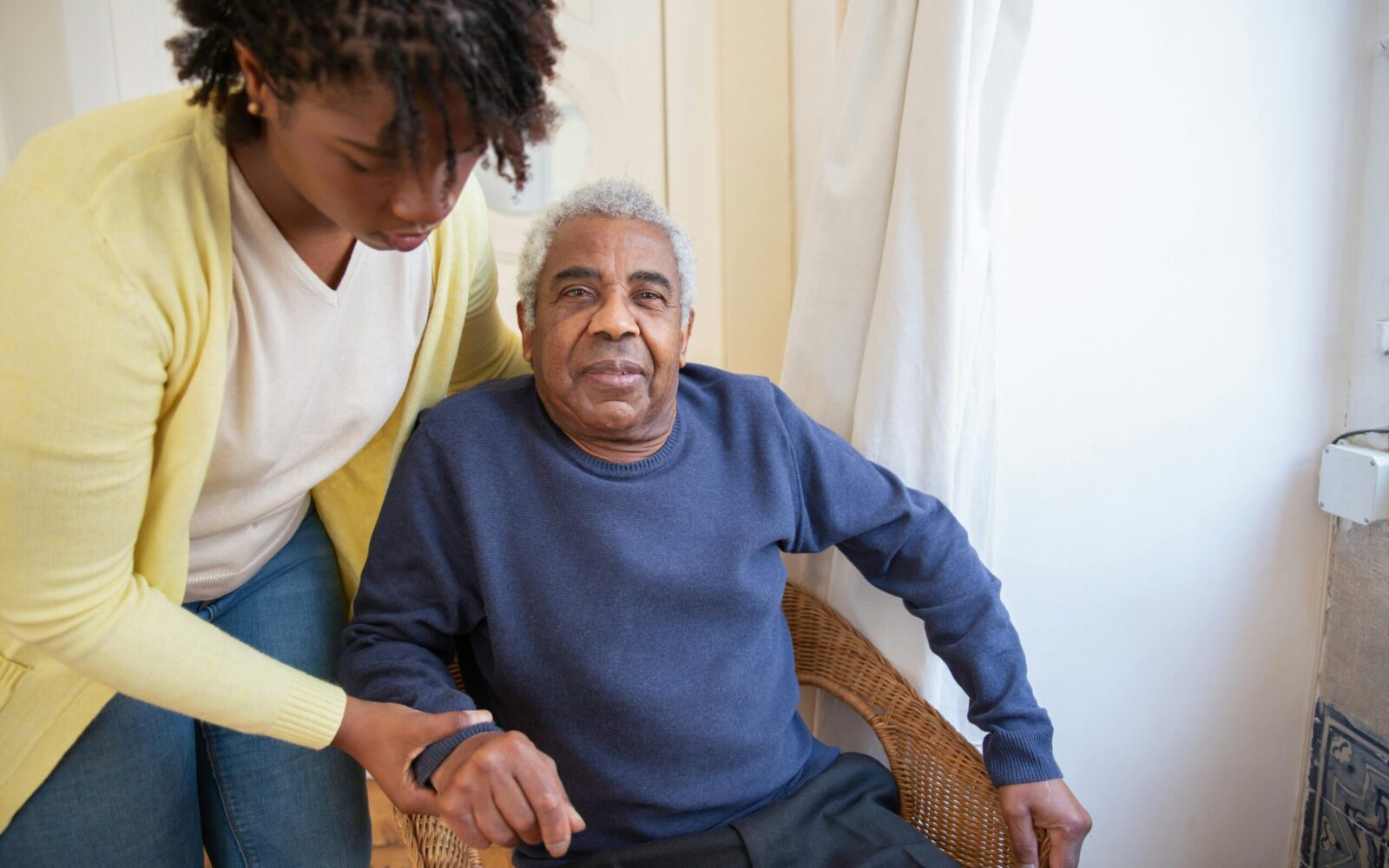How to Reduce Noise at Home for Better Communication
Home is often the place where most conversations happen, yet background


Home is often the place where most conversations happen, yet background

Your hearing affects more than just your ability to follow conversations

Sometimes, hearing loss doesn’t show up the way you might expect. You